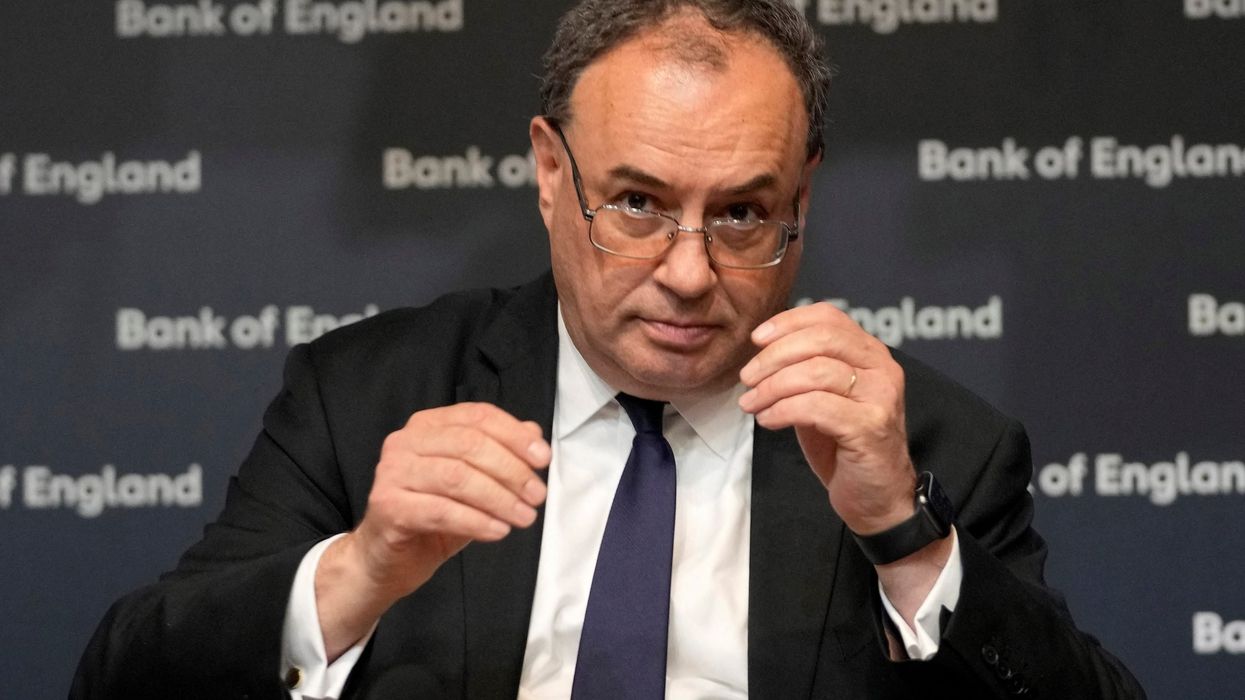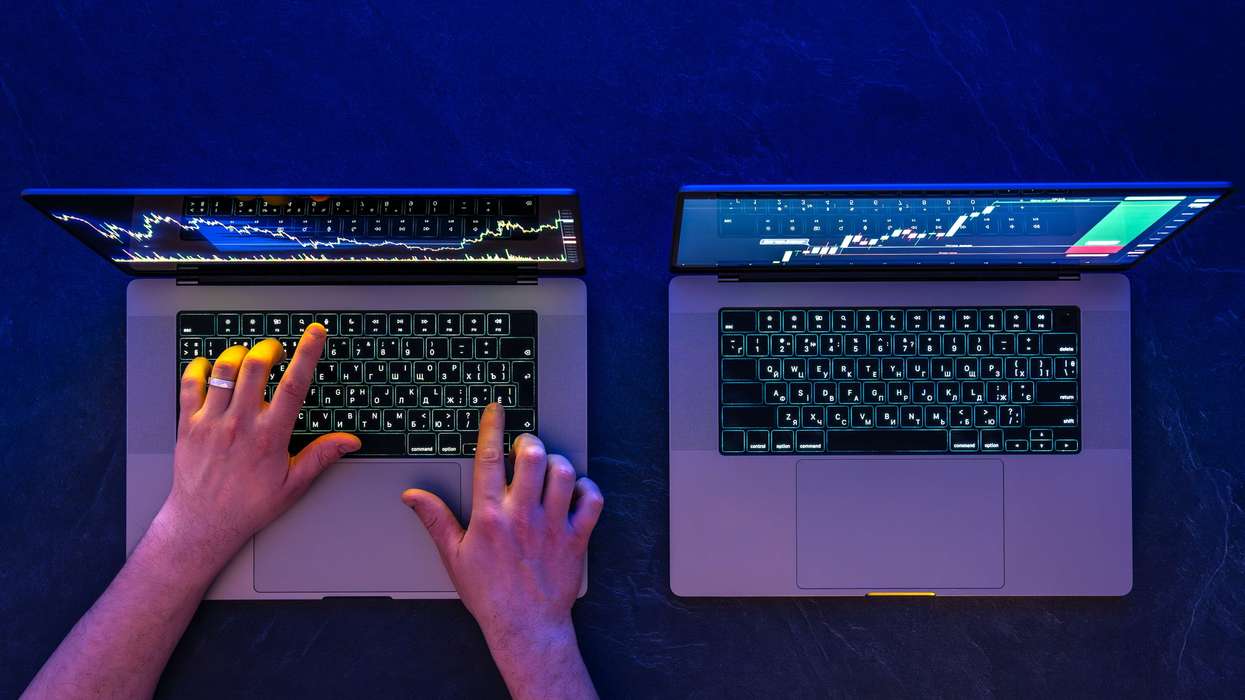THE Bank of England could move more aggressively to cut interest rates if there is further good news on inflation but conflict in the Middle East could push up oil prices, governor Andrew Bailey told the Guardian newspaper.
Bailey said there was a chance that the BoE could become "a bit more activist" and "a bit more aggressive" in its approach to lowering rates, if inflation news continued to be good for the central bank.
Sterling - which has strengthened in recent weeks as investors saw interest rates as likely to come down more slowly in Britain than in other countries - fell by almost three-quarters of a cent against the US dollar after Bailey's comments were published.
Investors fully priced in a quarter-point interest rate cut by the BoE at its November meeting in early trading on the rate futures market. On Wednesday (2), the chance of a cut next month was priced at 90 per cent.
The BoE's benchmark Bank Rate now sits at 5 per cent after August's first reduction in borrowing costs in four years. The British central bank kept rates on hold last month but investors expect another quarter-point cut at its November meeting.
The Guardian quoted Bailey as saying he was encouraged by how inflation pressures had proven less persistent than the Bank feared but the events in the Middle East posed a risk.
"Geopolitical concerns are very serious," Bailey told the newspaper. "It’s tragic what’s going on. There are obviously stresses and the real issue then is how they might interact with some still quite stretched markets in places."
He said there appeared to be "a strong commitment to keep the (oil) market stable" but "there’s a point beyond which that control could break down if things got really bad. You have to continuously watch this thing, because it could go wrong."
(Reuters)





